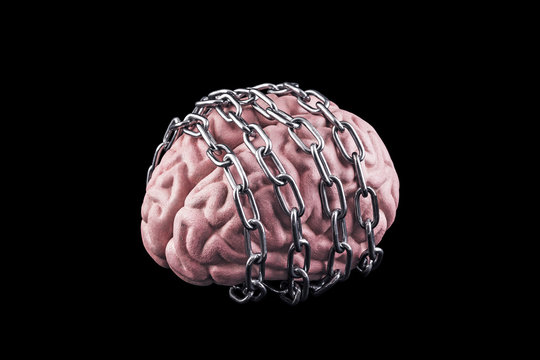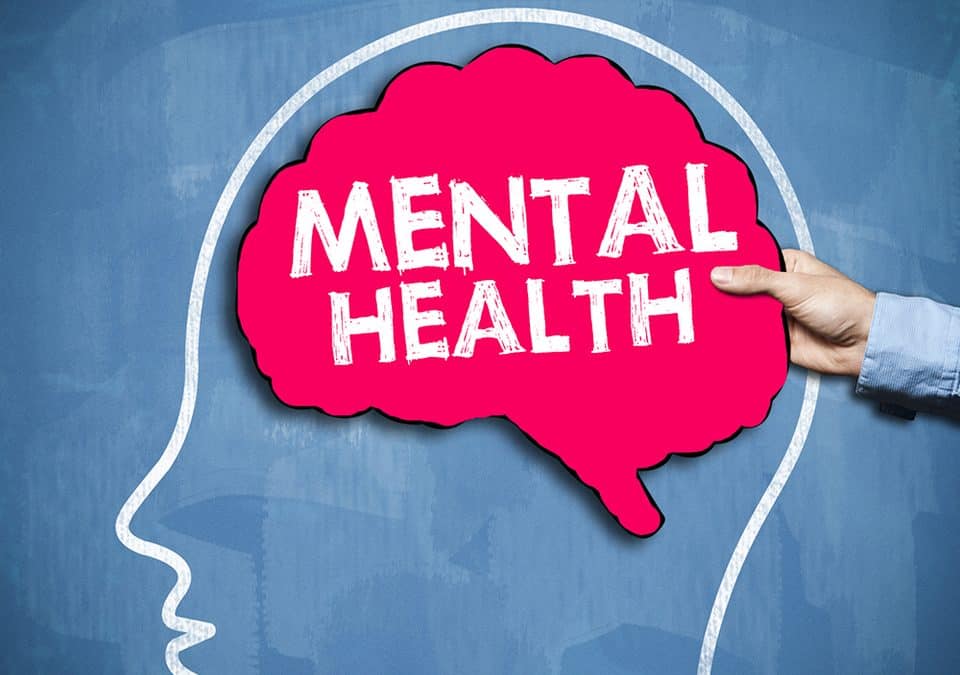Mental slavery, though less visible than physical chains, is arguably more insidious. It occurs when the mind is trapped in a rigid framework, often shaped by past experiences or deeply ingrained beliefs that are accepted as absolute truth. This state of mental bondage is challenging to recognize, as it operates subtly, dictating our thoughts and actions without our conscious awareness.
Unlike physical slavery, where the chains are evident and the oppression tangible, mental slavery is a silent force that limits our potential. It keeps us confined to outdated ideas, preventing us from adapting to a world that is constantly evolving. For instance, racial prejudice is a form of mental slavery that has plagued humanity for centuries.
The belief that one race is inherently superior to another is a mindset that shackles societies, fueling division and hindering progress. The election of a Black American president served as a significant challenge to this prejudice, forcing many to confront and question their deeply held biases.
Breaking free from mental slavery requires a conscious effort to challenge our beliefs and embrace new perspectives. It involves questioning the status quo and being open to change. By doing so, we can unlock our minds from the invisible chains that hold us back and explore a world full of possibilities.
Liberation from mental slavery is not just about freeing ourselves; it is about creating a more inclusive and progressive society where everyone has the opportunity to thrive. Embracing open-mindedness and continuous self-reflection is key to this process, enabling us to transcend the limitations imposed by mental bondage.

















